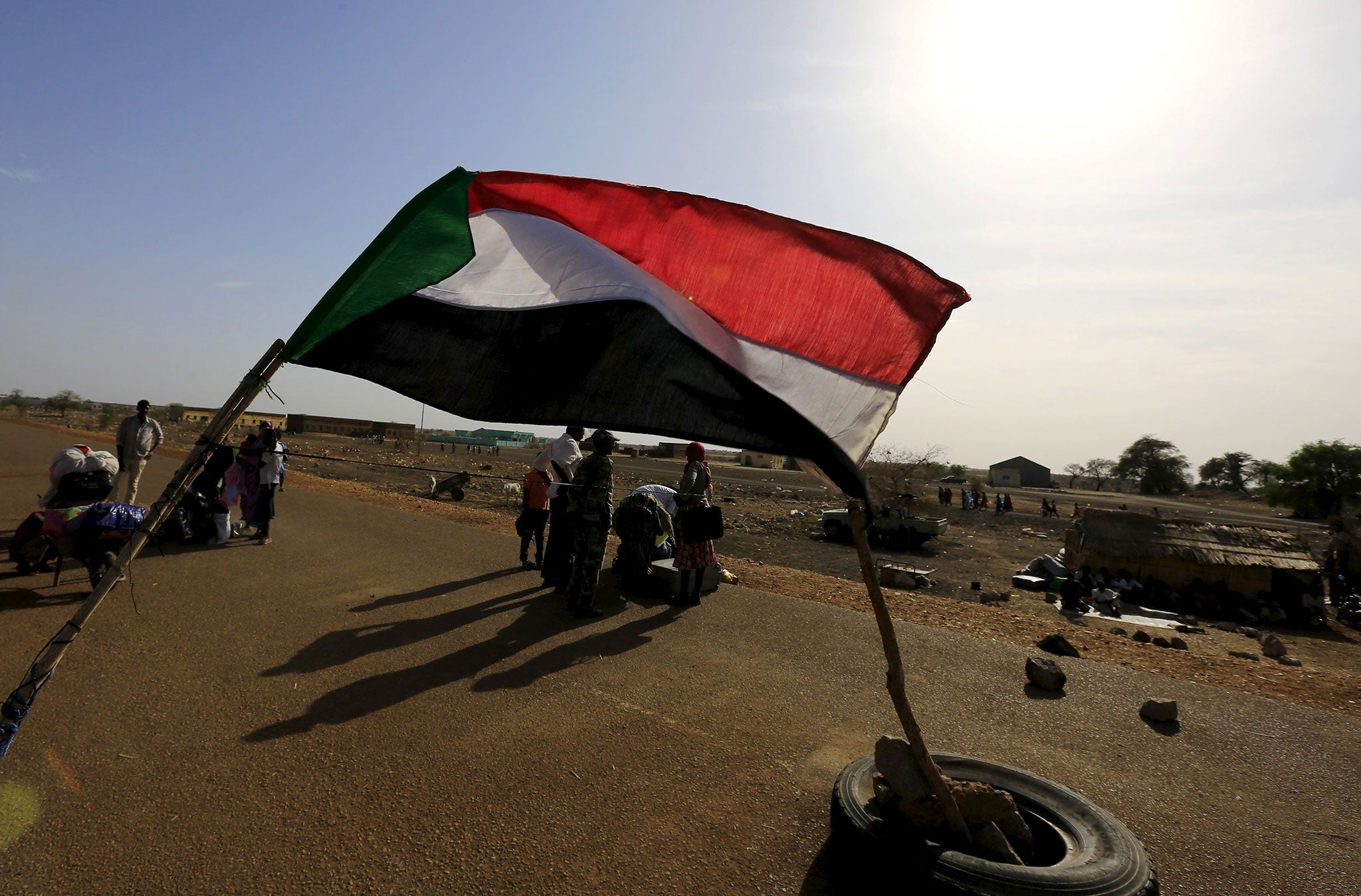Sudan opens border with South Sudan for first time since 2011
The border was closed in 2011 when relations deteriorated after the south seceded following a long civil war

Your support helps us to tell the story
From reproductive rights to climate change to Big Tech, The Independent is on the ground when the story is developing. Whether it's investigating the financials of Elon Musk's pro-Trump PAC or producing our latest documentary, 'The A Word', which shines a light on the American women fighting for reproductive rights, we know how important it is to parse out the facts from the messaging.
At such a critical moment in US history, we need reporters on the ground. Your donation allows us to keep sending journalists to speak to both sides of the story.
The Independent is trusted by Americans across the entire political spectrum. And unlike many other quality news outlets, we choose not to lock Americans out of our reporting and analysis with paywalls. We believe quality journalism should be available to everyone, paid for by those who can afford it.
Your support makes all the difference.Sudan President Omar Hassan al-Bashir ordered the opening of his country's border with South Sudan for the first time since the south's secession in 2011, state news agency SUNA reported on Wednesday.
"President Omar al-Bashir issued a decree today ordering the opening of borders with the state of South Sudan and ordered the relevant authorities to take all measures required to implement this decision on the ground,"SUNA reported.
The border was closed in 2011 when relations deteriorated after the south seceded following a long civil war, taking with it three quarters of the country's oil, estimated at 5 billion barrels of proven reserves by the US Energy Information Administration.
Khartoum accuses Juba, the capital of South Sudan, of backing a rebellion in its Darfur region and a separate but linked insurgency in Blue Nile and South Kordofan. South Sudan denies the allegations.
South Sudanese President Salva Kiir had unexpectedly and unilaterally announced a normalisation of relations on Tuesday in response to Bashir agreeing to cut the transit fees for South Sudanese oil crossing Sudan's territory via pipeline to the Red Sea last week.
Relations have been tense between the two countries since 2011 as they failed to agree on borders and the status of several regions that both sides claim sovereignty over. Both countries accuse the other of backing armed rebellions against each other's governments.
Reuters
Join our commenting forum
Join thought-provoking conversations, follow other Independent readers and see their replies
Comments